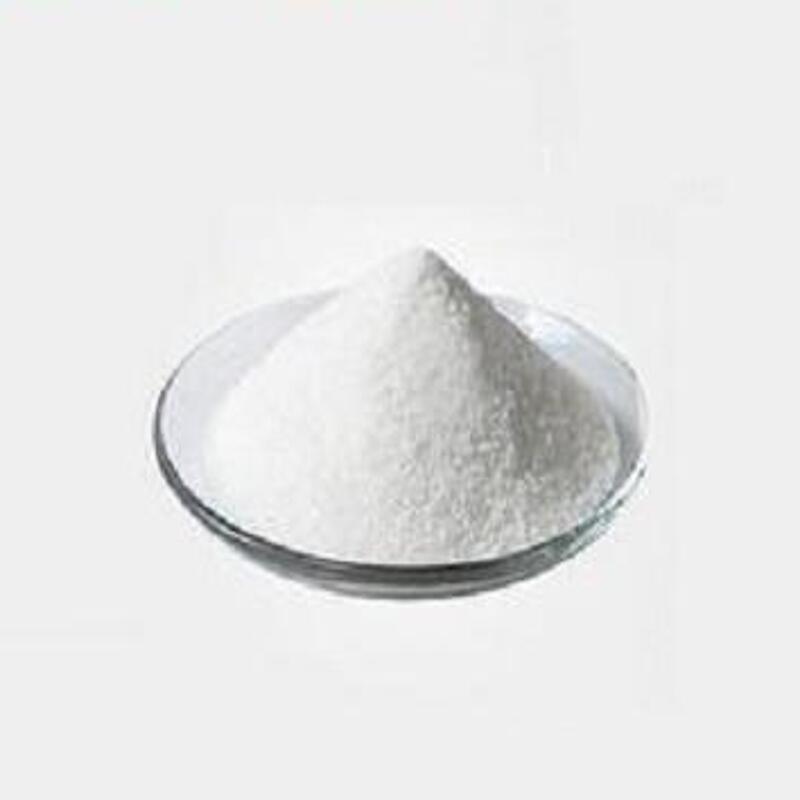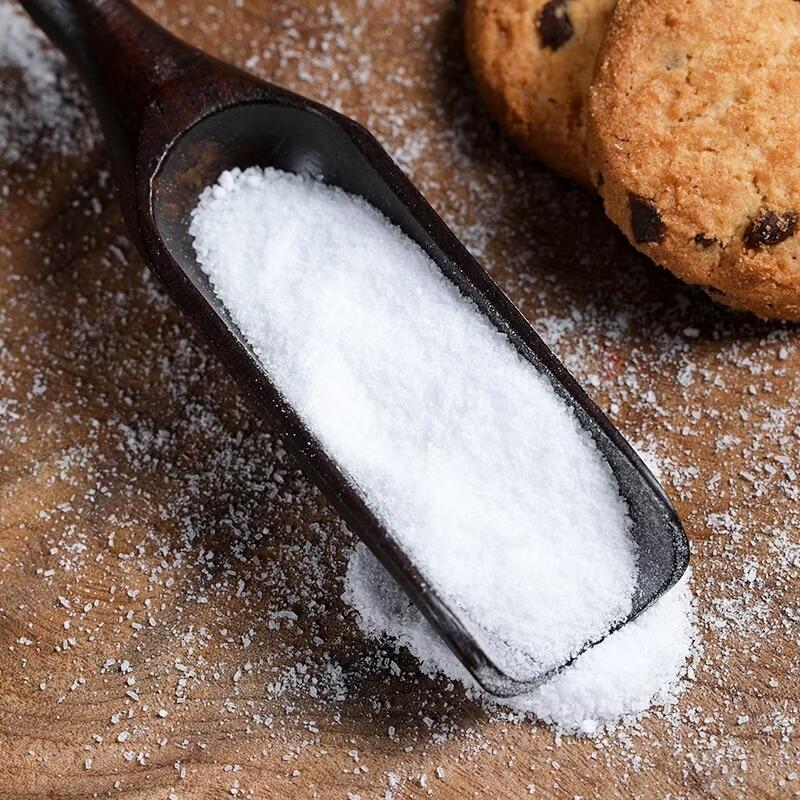-
Categories
-
Pharmaceutical Intermediates
-
Active Pharmaceutical Ingredients
-
Food Additives
- Industrial Coatings
- Agrochemicals
- Dyes and Pigments
- Surfactant
- Flavors and Fragrances
- Chemical Reagents
- Catalyst and Auxiliary
- Natural Products
- Inorganic Chemistry
-
Organic Chemistry
-
Biochemical Engineering
- Analytical Chemistry
-
Cosmetic Ingredient
- Water Treatment Chemical
-
Pharmaceutical Intermediates
Promotion
ECHEMI Mall
Wholesale
Weekly Price
Exhibition
News
-
Trade Service
Original: Is "Zero Sugar" really healthy? "Cell" found that the gut microbiome can't stand it, and you can't get better
Is Zero Sugar Really Healthy? "Cell" found that the gut microbiome can't stand it, and you can't get better
Wanting to feel the sweet taste and not wanting to consume too much energy is the psychology of
Because of this, more and more sugar substitute products have emerged on the market, and some will also be marked with "0 sugar", ranging from drinks to snacks
Is the so-called "0 sugar, 0 fat, 0 calories" really "not at all"?
Is the so-called "0 sugar, 0 fat, 0 calories" really "not at all"?For example, if you are concerned about weight but like sweets, have you ever bought a drink that is nominally "0 sugar, 0 fat, 0 calories"? At that time, this drink that focused on the "three 0s" selling point was once very popular, but soon people found that the "0" written on the original beverage packaging was actually not "completely absent"
For example, according to the current regulations, the energy in every 100 ml of drink is less than or equal to 17 kJ, that is, about 4 kcal, which can be labeled "0 calorie", and a bottle of drink has nearly 500 ml
We often see "0 sugar" on beverage packaging, and the logo is even larger than the
Liu Aidong, a researcher at the National Food Safety Risk Assessment Center, analyzed that in fact, "0 sugar" drinks do not mean that they do not contain
Liu Aidong said that in our country's prepackaged food nutrition label food safety national standards clearly stipulate, as long as every 100 grams of solid food or per 100 ml of liquid food, if the sugar content is less than or equal to 0.
The latest research in Cell adds to the health effects of sweeteners
The latest research in Cell adds to the health effects of sweetenersToday's sweeteners have been developed and there are many types, such as aspartame, sucralose and steviol glycosides
Some current studies may give worrying answers, such as a large study in the Journal of the American College of Cardiology that showed that sweeteners may affect cardiovascular function, and drinking a small amount of sweetener beverages every day raises the risk
The risk of CVD was 32 percent
Image source: Academic Jingwei
Dr.
Sweeteners can have an impact on the body's microbiome and metabolism (Image source: Academic Latitude and Longitude)
In his latest study, Dr.
The studies monitored the metabolic molecules, microbiome changes, and glycemic control of volunteers after the trial was conducted
Over time, they found that the microbial composition extracted from some of the volunteers' stool samples began to change, with the most significant samples coming from volunteers who ingested saccharin and sucralose, and the other two sugar substitutes also had an impact
The microbial composition extracted from some volunteer fecal samples began to change, with the most significant samples coming from volunteers who ingested saccharin and sucralose.
In addition to the changes in the microbial composition itself, the molecules they secrete into the peripheral blood circulation also produce significant changes
The glycemic response is significantly elevated over a period of time after sugar substitutes, and this abnormality lasts for about 2 weeks before returning to normal levels
after the trial ends.
"These results show that microbes are highly variable after human consumption of sugar substitutes and may induce a human response to blood sugar," said
Dr.
Elinav.
After transplanting the microbes from the ingested sugar substitutes into germ-free mice, the blood glucose response of the mice behaved in much the same way as
in humans.
This also confirms that changes in microbes are linked
to an individual's response to blood sugar.
Dr.
Elinav points out that the effects of sugar substitutes may vary from person to person, but not as we originally thought there were no effects
.
"We need to raise awareness and try to avoid sugar substitutes, and drinking water seems to me to be the best way to do it!"
Editor: Gu Jun
Comprehensive: Academic Jingwei, Guangming Network, Central Broadcasting Network, etc
Responsible Editor:







